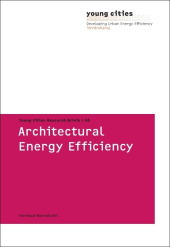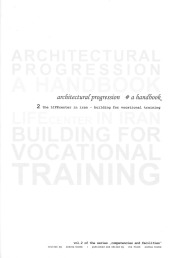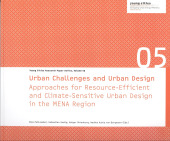Die Vision der UNO für die Zukunft der Welt : die 2030-Agenda für nachhaltige Entwicklung

Publishing year: 2015
“The concept of sustainability has by the post-2015 agenda discourse gained a new urgency after it had previously been spread reduced to an meaningless phrase without changing effective content and often devalued to an epitheton ornans.
In Government and administration are the understanding and dealing with the principle of sustainability ambivalent: sustainability is spread not as a commitment to sustainability-oriented policies within the limits of ecological barriers, rather than implementing a much less demanding three-pillar model, or three-dimensions model, that is not the meaning of sustainable development, because it goes not only the paradigm shift as the core idea but replacing the model by levelling ideas about simultaneity and balance of economic, environmental and social matters, in legal practice a supposedly equitable relevant balance.
The Initiation of development of post-2015 agenda, ore Agenda 2030, which is essentially a time-current concretisation of sustainability, is the most comprehensive project, which the United Nations has set itself since the definition of those objectives. In the United Nations Conference on Sustainable Development (Rio+20) in June 2012 with the final declaration “”The future we want”” a renewed commitment was reached to the vision of sustainable development declining to the Brundtland Report of 1987. The post-2015 agenda should according to the international bargain of 2012 take into account the three dimensions of sustainable development and be geared towards development, especially eliminating extreme poverty and hunger, preserving natural resources and providing by environmental compatible growth a humanely work and adequate social security.
The facilitators of the intergovernmental negotiations on the post-2015 agenda published in July 2015 the final draft for the final document of the UN Summit “”the Agenda 2030 transformation of our world for global action””, which contains 17 new sustainability goals with targets, intending to clarify the concept of sustainability. However, it may be assumed, that there is the total list of sustainability goals only a concretized utopia that then is in an area far removed from any reality too, if the world were on the whole in a peaceful condition.
In science and politics there are different opinions how society can be drive in the direction of sustainable development. Three main paradimen compete, the economic management approach – control of the market, the political science approach – control by networks and the legal approach – control by law and order. In practical, the latter dominantes. Legal control is inevitable, because sustainable development in the global and national context can not be left to the contingencies and uncertainties of political programs, particularly looking politics and political actors to achieve common primarily in economic terms in the short term optimal solutions that are in doubt not or not primarily are sustainable. If sustainable development shall be successful, it is imperative necessary, sustainable development about the political-programmatic level, about declarations in programs and agendas, legally effective enshrine out and fix in norms of international and national law.
Moreover, the principle of sustainability requires mandatory – what is but suppressed in the new post-2015 agenda and not expressed in the new sustainability goals – a non utilization in the present for ensuring future use of resources. Sustainable development is necessary and inevitable, but it has to include the nature and its organization in all aspects, because people are able to survive only by a so-understood sustainable development.”



